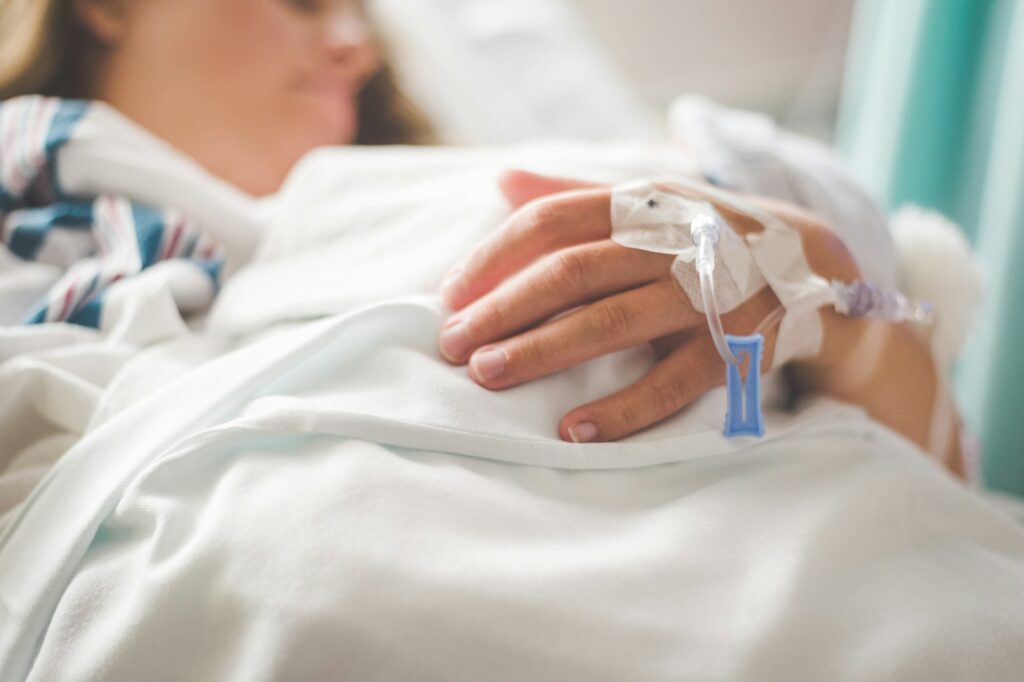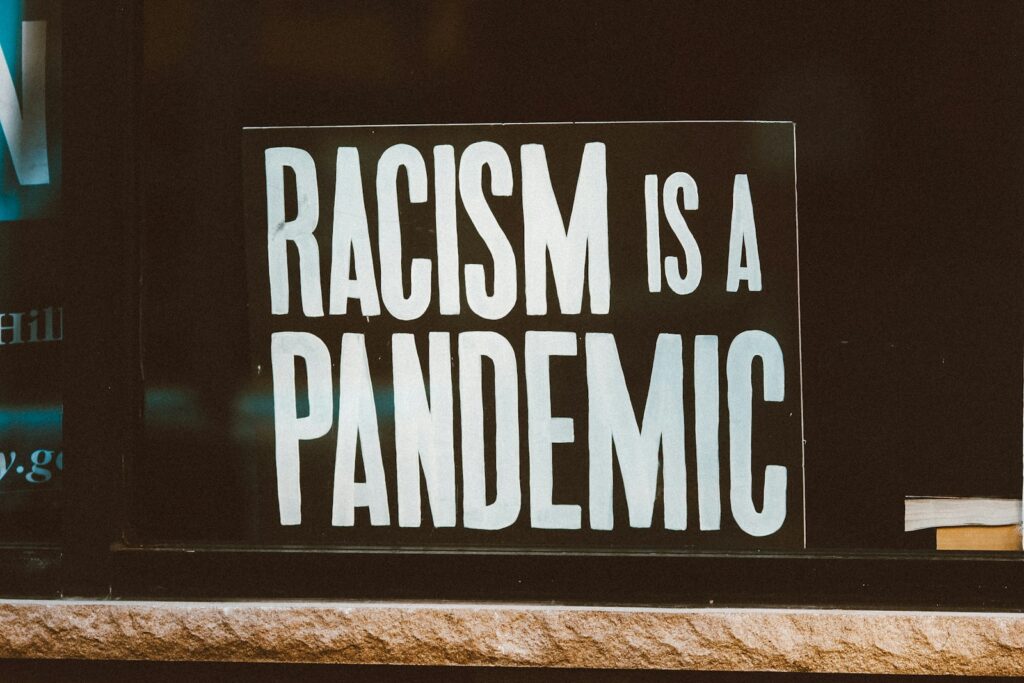New research from a connected care platform has revealed more people over the age of 65 are hiding their accidents to avoid being a burden to loved ones and the NHS.
Anthropos, a connected care platform, discovered one in four of people over 65 have fallen at home and a quarter of them have kept this a secret from their family and friends.
Stumbling into shocking statistics
Established in 2015, Anthropos discovered 29% of older people have hidden their need for any type of care support form loved ones. The research, published today, displayed 39% of respondents keep their accidents a secret.
As well as hiding their accidents from loved ones, the elderly also conceal their falls from medical authorities. The study was completed following a government report which revealed the annual cost to fix fragility fractures, which are caused by lower force falls, is estimated to be £4.4bn.
Additionally, the Public Health Outcomes Framework have found every year there are over 22,000 emergency hospital admissions resulting from falls among older people over the age of 65.
However, masking care concerns isn’t just limited to falls; the other most common issues according to Anthropos are reduced mobility, changes in toilet habits and forgetfulness.
When respondents were asked why they hid their concerns, 26% stated they believe they can deal with any issues themselves, whilst 16% don’t want to be labelled ‘vulnerable’.
Despite this, a fifth of people who have hidden their falls have admitted their loved ones recognised what they were doing.
Jim Patience, CEO of Anthropos said, ‘It is extremely worrying that a quarter of people aged 65 and over are experiencing falls and over a quarter of them don’t tell a loved one of carer.
‘Considering there are 11 million people aged 65 and over, the research really brings home just how widespread these issues are. If we extrapolated these numbers across the whole of the UK, it could indicate that every year around 2.6 million people fall, with 686,000 people not telling anyone about it.’
The UKs ‘bleak picture of out-of-hours care’
Against this backdrop, people who suffer with terminal health conditions are also finding it difficult to speak to people about falling at home, despite asking for help.
Tracey Bennett, who spoke to the BBC, has stated her father, who was in the final stages of cancer, experienced a fall at home and was unable to gain assistance from the NHS palliative care helpline.
Ms Bennett said her father should not have been expected to die ‘in office hours’ and research that was funded by Marie Curie, a charity who provides support for terminally ill people, found almost 70% of the UK does not have a consistent 24-hour help-line for terminally ill patients.
Ruth Driscoll, from the charity, said the research painted a ‘bleak picture of out-of-hours care in many areas of the UK’.
A positive climb for the future
Alongside the work Anthropos are doing to raise awareness for older people who require help, Cera Care, Europe’s largest provider of digital-first healthcare at-home is celebrating six years of success.
The company, which is celebrating its sixth birthday, has announced that since launching they have completed 30 million at-home care visits, displaying their determination to help individuals in need.
Dr Ben Maruthappu MBE, CEO and Co-Founder of Cera said, ‘It goes without saying that we have faced challenging times through the pandemic, but the Cera team has continued to show resilience and strength throughout.
‘Delivering the best possible care for our patients has always been our top priority, and we are delighted to announce today that we have hit the 30 million visits milestone.’
The organisation have outlined they deliver more than 50,000 care visits to over 20,000 patients and is now equivalent in capacity to 50 NHS hospitals.
The technology powered model works by collecting patients’ symptoms and health data during at-home appointments, which data analytics then use to predict deterioration in conditions. This has reduced hospital admissions by 52%.
Photo by Jack Finnigan and Alexander Grey

















Leave a Reply